Building Brilliance: How Pregnant Women Can Foster their Child's IQ ?
Want to make good health of your child in the womb? Pregnant women can enhance their child's IQ by building brilliance. Here's how!

Table of Contents
- Introduction
- Importance of Prenatal Care
- Nutrition for Brain Development
- Folic Acid Supplementation
- Avoiding Harmful Substances
- Managing Stress
- Engaging in Regular Exercise
- Ensuring Adequate Sleep
- Stimulating Intellectual Development
- The Benefits of Breastfeeding
- Creating a Positive Environment
- Conclusion
- References
Introduction
The period of pregnancy is a crucial time for the development of a baby's brain. Expectant mothers can play a significant role in nurturing their child's intellectual growth even before birth. While genetics contribute to a child's intelligence, environmental factors and maternal care also play a vital role. In this article, we will explore various steps that pregnant women can take to potentially enhance their child's IQ and promote healthy brain development.
Importance of Prenatal Care
Attending regular prenatal check-ups is essential for monitoring the health of both the mother and the developing baby. Through regular visits, healthcare professionals can offer guidance and support to ensure a healthy pregnancy and optimal brain development for the baby.
Nutrition for Brain Development
A balanced and nutritious diet during pregnancy is vital for the baby's overall growth and brain development. Including foods rich in omega-3 fatty acids (such as fatty fish, walnuts, and chia seeds), antioxidants (found in fruits and vegetables), and essential nutrients like iron and iodine can provide the building blocks for brain development.
Folic Acid Supplementation
Folic acid supplementation is recommended during pregnancy to prevent neural tube defects and support proper brain and spinal cord development in the fetus. Taking the recommended dose of folic acid, as advised by healthcare professionals, can contribute to optimal brain development.
Avoiding Harmful Substances
To promote healthy brain development, it is crucial for pregnant women to avoid harmful substances. This includes abstaining from smoking, alcohol consumption, and illicit drug use, as these substances can negatively impact the baby's brain development and potentially lead to intellectual impairments.
Managing Stress
Chronic stress during pregnancy can have adverse effects on the developing baby's brain. Pregnant women should engage in stress management techniques such as relaxation exercises, prenatal yoga, meditation, and seeking social support. These practices can help reduce stress levels and create a positive environment for the baby's brain development.
Engaging in Regular Exercise
With the approval of a healthcare professional, engaging in regular, moderate-intensity exercise during pregnancy can benefit both the mother and the baby's brain health. Exercise promotes blood circulation and the release of beneficial hormones, which can support healthy brain development in the fetus.
Ensuring Adequate Sleep
Adequate sleep is essential for overall health and well-being, including brain development. Pregnant women should establish a regular sleep routine and create a comfortable sleep environment to support their own well-being and the optimal brain development of their baby.
Stimulating Intellectual Development
Pregnant women can engage in activities that stimulate their own minds, such as reading, solving puzzles, listening to music, and participating in creative endeavors. These activities can potentially promote intellectual development in the baby by creating a stimulating environment.
The Benefits of Breastfeeding
If possible, breastfeeding provides numerous benefits for the baby's overall health, including brain development. Breast milk contains essential nutrients, growth factors, and antibodies that support optimal brain growth and cognitive development in the early stages of life.
Creating a Positive Environment
Creating a positive and nurturing environment for the baby's development is crucial. This includes providing love, care, and emotional support to the baby even before birth. A stress-free and supportive environment fosters healthy brain development and enhances the baby's cognitive abilities.
Conclusion
While genetics play a significant role in determining a child's intelligence, expectant mothers can positively influence their child's brain development through various actions. By attending regular prenatal check-ups, maintaining a balanced diet, managing stress levels, engaging in intellectual stimulation, and creating a positive environment, pregnant women can potentially enhance their child's IQ and set the foundation for a healthy brain.
References
1. Meldrum, S. J., & Strunk, T. (2017). Maternal nutrition during pregnancy and long-term health of offspring. NeoReviews, 18(11), e645-e654.
2. Tam, R., & Green, T. J. (2011). Maternal dietary alpha-linolenic acid deficiency alters neurogenesis in the developing fetal rat brain. Journal of Nutritional Biochemistry, 22(3), 228-234.
3. Berry, R. J., Li, Z., Erickson, J. D., et al. (1999). Prevention of neural-tube defects with folic acid in China. China-U.S. Collaborative Project for Neural Tube Defect Prevention. The New England Journal of Medicine, 341(20), 1485-1490.
4. Talge, N. M., Neal, C., & Glover, V. (2007). Early Stress, Translational Research, and Prevention Science Network: Fetal and Neonatal Experience on Child and Adolescent Mental Health. Pediatrics, 119(1), 102-114.
5. Weinstock, M. (2008). The long-term behavioural consequences of prenatal stress. Neuroscience & Biobehavioral Reviews, 32(6), 1073-1086.
6. Barakat, R., Pelaez, M., Lopez, C., et al. (2019). Exercise during pregnancy and gestational diabetes-related adverse effects: a randomised controlled trial. British Journal of Sports Medicine, 53(10), 636-643.
7. Lou, Z. C., Lv, H. T., & Zong, X. N. (2017). Sleep duration and overweight/obesity in preschool-aged children: a prospective study of up to 48,922 children of the Jiaxing Birth Cohort. Sleep Medicine, 37, 38-45.
8. Anderson, J. W., Johnstone, B. M., & Remley, D. T. (1999). Breast-feeding and cognitive development: a meta-analysis. American Journal of Clinical Nutrition, 70(4), 525-535.
9. Choi, J., Fukuoka, Y., & Lee, J. H. (2017). The effects of prenatal education on childbirth fear and anxiety: an experimental study. Women & Health, 57(6), 705-721.
10. Blair, C., & Raver, C. C. (2015). School readiness and self-regulation: a developmental psychobiological approach. Annual Review of Psychology, 66, 711-731.









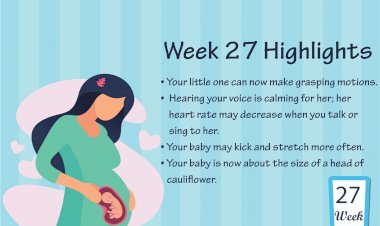
















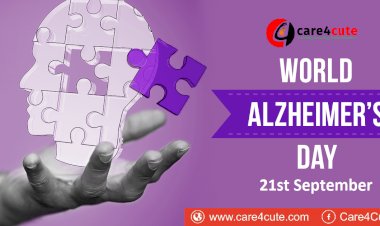




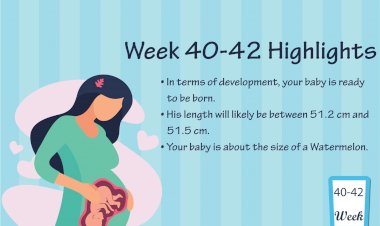
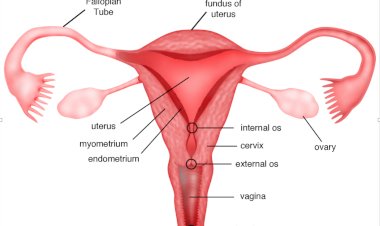
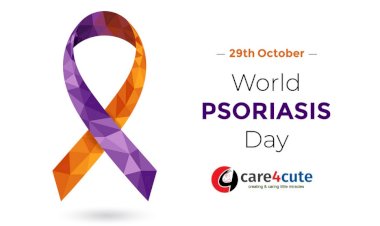


Comments (0)